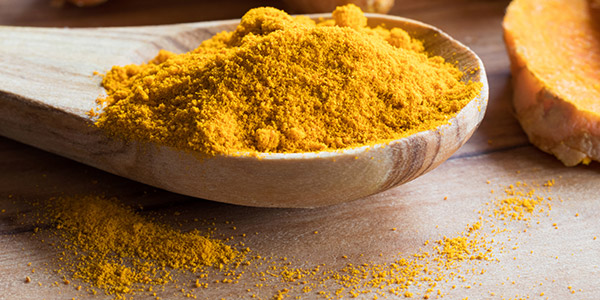As an integrative doctor with a background in Ayurveda, I frequently refer to a certain group of spices as “The Kitchen Pharmacy.” That’s because, in Ayurveda, spices are considered truly medicinal, and there are 12 that I tend to promote with patients — mainly because of research reflecting their health benefits, but also because they are more available and easier to use than some of the more obscure spices.

My 12 go-to spices are turmeric, ginger, cinnamon, cumin, black cumin, fenugreek, clove, fennel, coriander, allspice, curry leaf, and saffron. They share one main healing effect: They protect your body from oxidative stress through a rich array of antioxidants. (Obviously, there are other foods — primarily fruits and vegetables — that also pack an antioxidant wallop). Individually, they have specific impact in a number of important realms — brain function, heart health, inflammation reduction, mood and blood pressure control, and blood sugar regulation, among others.









